In today’s digital age, having a strong online presence is vital businesses of all sizes. From maximizing brand visibility to driving sales and customer engagement, the realm of digital marketing plays a pivotal role in achieving business success. As a web, small or medium-sized business owner, or, understanding the different types of services that top digital marketing agencies offer can be the key to unlocking your company’s full potential. In this comprehensive, we will delve into the various types of services provided by digital marketing agencies, explore the benefits they bring to your business, and provide valuable insights to help you navigate the ever-evolving landscape of Digital Marketing Agency Services.
Types of Digital Marketing Agency Services
Digital Marketing Agency Services: Explore various types of digital marketing services and how they can benefit your business. Learn about SEO, PPC, social media marketing, and more. Here’s all types of digital marketing services:
- Search Engine Optimization (SEO)
- Pay-Per-Click (PPC) Advertising
- Social Media Marketing
- Content Marketing
- E-mail Marketing
- Mobile Marketing
- Affiliate Marketing

Search Engine Optimization (SEO)
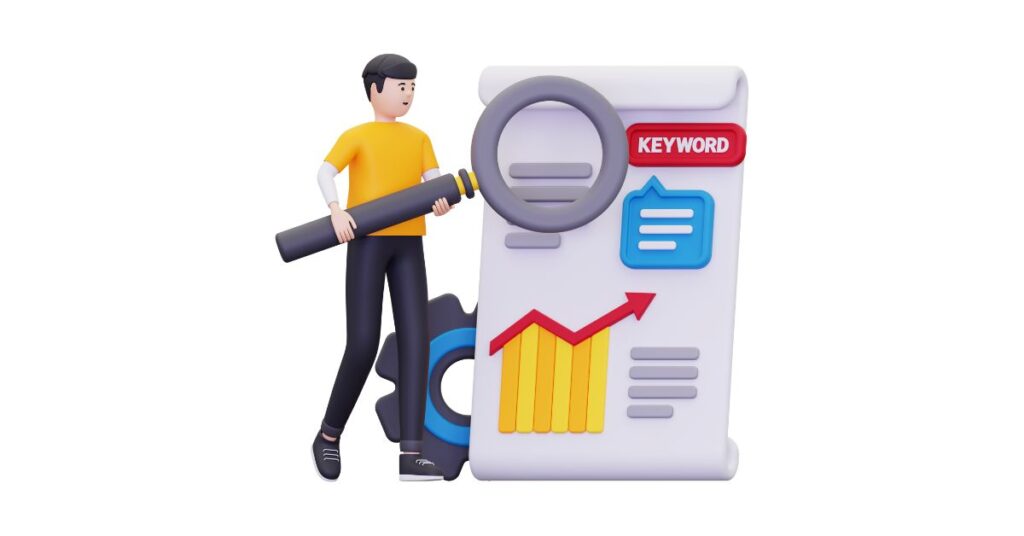
Digital Marketing Agency Services: SEO is the cornerstone of any successful digital marketing strategy. It involves optimizing your website to rank higher in search engine results pages like Google, driving organic traffic and increasing visibility. While it can provide substantial benefits, it also has its drawbacks. Here are the pros and cons of SEO:
Pros of SEO
- Cost-Effective
- Long-Term Results: Once your site ranks well, it can continue to attract traffic without ongoing costs.
- High ROI: Compared to paid advertising, the investment in SEO can yield a higher return over time.
- Increased Visibility and Credibility
- Organic Traffic: Higher rankings on search engine results pages (SERPs) lead to more visibility and traffic.
- Trust and Credibility: Users tend to trust organic search results more than paid ads, enhancing your brand’s credibility.
- Better User Experience
- Site Optimization: SEO involves improving site speed, mobile-friendliness, and user-friendly navigation, which enhances the overall user experience.
- Relevant Content: Providing valuable and relevant content improves user engagement and satisfaction.
- Sustainable Results
- Long-Term Strategy: Unlike PPC, which stops delivering traffic once you stop paying, the effects of SEO are long-lasting.
- Compounding Effect: Over time, as your content matures and accumulates backlinks, its value and ranking potential increase.
- Competitive Advantage
- Market Positioning: Effective SEO can help you outrank competitors and capture a larger share of organic traffic.
- Brand Awareness: Consistently appearing at the top of search results builds brand awareness and authority.
Cons of SEO
- Time-Consuming
- Slow Results: It can take several months to see significant improvements in rankings and traffic.
- Continuous Effort: SEO requires ongoing effort and maintenance to adapt to search engine algorithm updates and market changes.
Digital Marketing Agency Services: Choosing SEO services for your business or website can significantly enhance your online visibility, credibility, and user experience, driving targeted traffic, quality leads and conversions. By investing in SEO, you gain a competitive advantage, achieve measurable results, and ensure long-term, sustainable growth. SEO is a crucial component of a comprehensive digital marketing strategy, offering numerous benefits that contribute to your business’s overall success.
- Keyword research and analysis
- On-page optimization
- Off-page optimization
- Content creation and optimization
Pay-Per-Click (PPC) Advertising
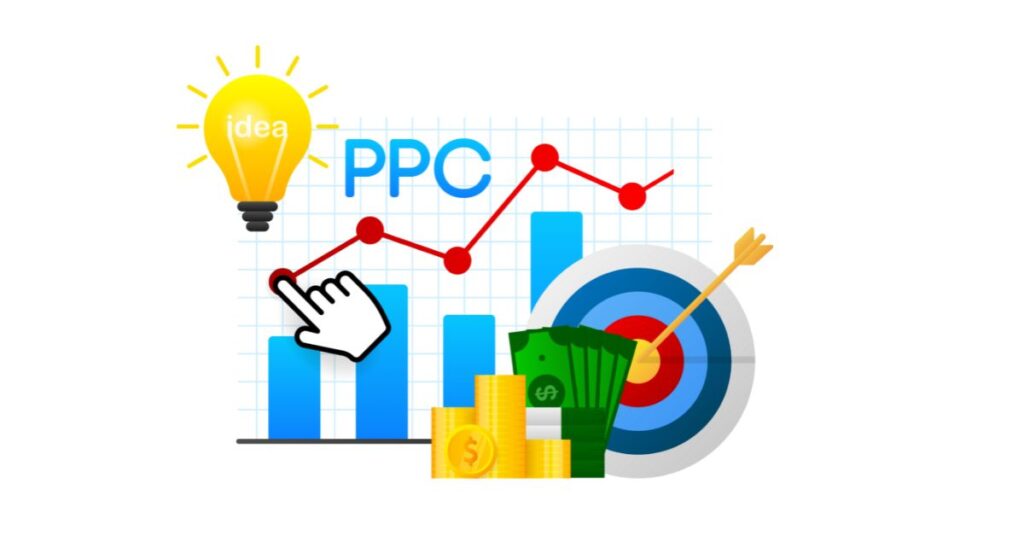
Pay-per-click (PPC) advertising is a powerful digital marketing strategy that can drive immediate traffic and conversions to your website. Unlike organic methods, PPC allows you to reach your target audience quickly by placing ads on search engines and social media platforms. Here are the pros and cons of PPC advertising to help you determine if it’s the right strategy for your business.
Pros of PPC Advertising
- Immediate Results
- Quick Traffic: PPC ads start driving traffic to your website as soon as the campaigns go live, providing immediate visibility.
- Fast Conversions: With targeted ads, you can quickly generate leads and sales.
- Targeted Audience
- Precise Targeting: PPC platforms offer detailed targeting options based on demographics, interests, behaviors, and location, ensuring your ads reach the right audience.
- Remarketing: Reach users who have previously visited your site with tailored ads to encourage conversions.
- Budget Control
- Flexible Budgeting: Set daily or monthly budgets to control your spending and avoid overspending.
- Cost Management: Pay only when someone clicks on your ad (CPC) or views your ad (CPM), making it cost-effective.
- Measurable ROI
- Trackable Performance: Use analytics tools to measure the effectiveness of your campaigns, including clicks, conversions, and ROI.
- Data-Driven Decisions: Optimize your campaigns based on real-time data to improve performance.
- Enhanced Brand Visibility
- Top SERP Placement: Appear at the top of search engine results pages (SERPs), increasing brand awareness and credibility.
- Wide Reach: Display ads across various platforms and networks, broadening your reach.
Cons of PPC Advertising
- Cost
- Expensive Keywords: Highly competitive keywords can be costly, potentially leading to high advertising expenses.
- Ongoing Investment: PPC requires continuous investment to maintain ad visibility and performance.
- Complexity
- Management Effort: Effective PPC campaigns require ongoing management, optimization, and testing, which can be time-consuming.
- Learning Curve: Platforms like Google Ads and Facebook Ads Manager can be complex and require expertise to use effectively.
- Click Fraud
- Invalid Clicks: Competitors or bots might click on your ads maliciously, wasting your ad budget. Most platforms offer some level of protection against click fraud, but it can still be a concern.
- Temporary Results
- Short-Term Impact: Once you stop paying for ads, the traffic and visibility drop immediately. Unlike SEO, PPC doesn’t provide long-lasting results without continuous investment.
- Ad Fatigue
- Banner Blindness: Users might become desensitized to your ads over time, leading to decreased click-through rates (CTR) and engagement.
- Creative Burnout: Constantly needing fresh ad creatives and copy to maintain user interest can be resource-intensive.
- Keyword research and targeting
- Ad copywriting
- Bid management
- Performance monitoring and optimization
Social Media Marketing
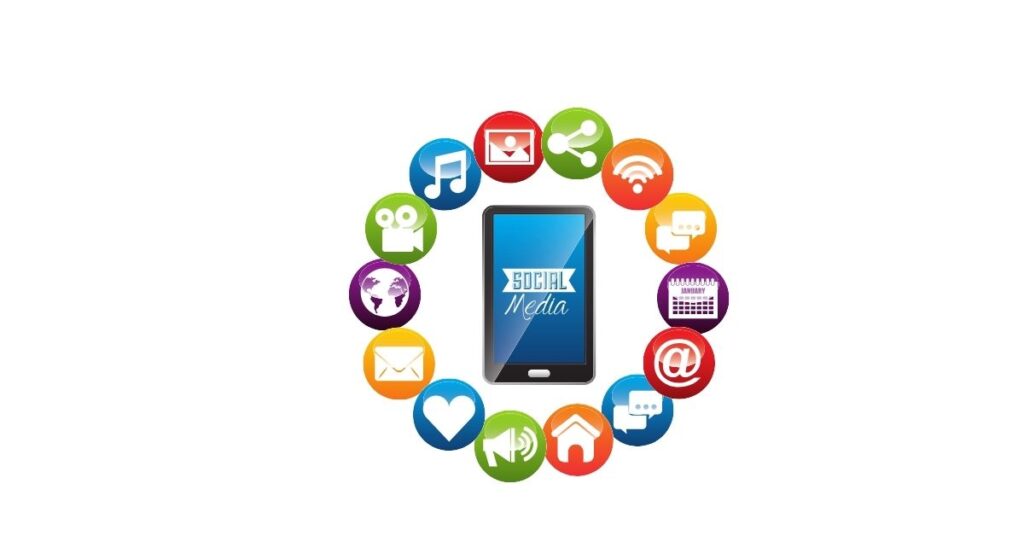
Social media marketing (SMM) leverages social media platforms to connect with your audience, build your brand, increase sales, and drive website traffic. Like any marketing strategy, it has its strengths and challenges. Here are the pros and cons of social media marketing:
Pros of Social Media Marketing
- Enhanced Brand Awareness
- Global Reach: Social media platforms have billions of active users worldwide, allowing businesses to reach a vast audience.
- Increased Exposure: Regular posting and engagement on social media can increase brand visibility and awareness.
- Direct Engagement with Audience
- Real-Time Interaction: Social media provides a direct channel for businesses to engage with their audience, respond to inquiries, and address concerns promptly.
- Community Building: Businesses can foster a sense of community among followers by encouraging discussions, sharing user-generated content, and hosting interactive events.
- Targeted Advertising
- Precise Targeting: Social media platforms offer advanced targeting options based on demographics, interests, behaviors, and location, ensuring ads reach the most relevant audience.
- Custom Audiences: Businesses can create custom audiences based on existing customer data, allowing for highly personalized marketing campaigns.
- Cost-Effective Marketing
- Low Entry Barrier: Setting up social media profiles is generally free, and paid advertising options are often more affordable than traditional advertising methods.
- High ROI Potential: Effective social media campaigns can yield a high return on investment due to targeted advertising and measurable results.
- Content Promotion
- Diverse Formats: Social media supports various content formats, including text, images, videos, and live streams, allowing businesses to showcase their products and services creatively.
- Shareability: Compelling content can be easily shared by users, expanding its reach and driving engagement.
Cons of Social Media Marketing
- Time-Consuming
- Continuous Engagement: Maintaining active social media profiles requires consistent posting, monitoring, and engagement, which can be time-consuming.
- Content Creation: Developing high-quality content for social media requires creativity and resources.
- Reputation Management
- Negative Feedback: Social media is a public platform where negative comments, reviews, or PR crises can harm a brand’s reputation.
- Crisis Response: Businesses must be prepared to handle negative feedback or crises swiftly and effectively.
- Algorithm Changes
- Decreased Organic Reach: Changes in social media algorithms can significantly reduce the organic reach of posts, requiring businesses to invest more in paid advertising.
- Social media strategy development
- Content creation and posting
- Community engagement
- Paid social advertising
Content Marketing
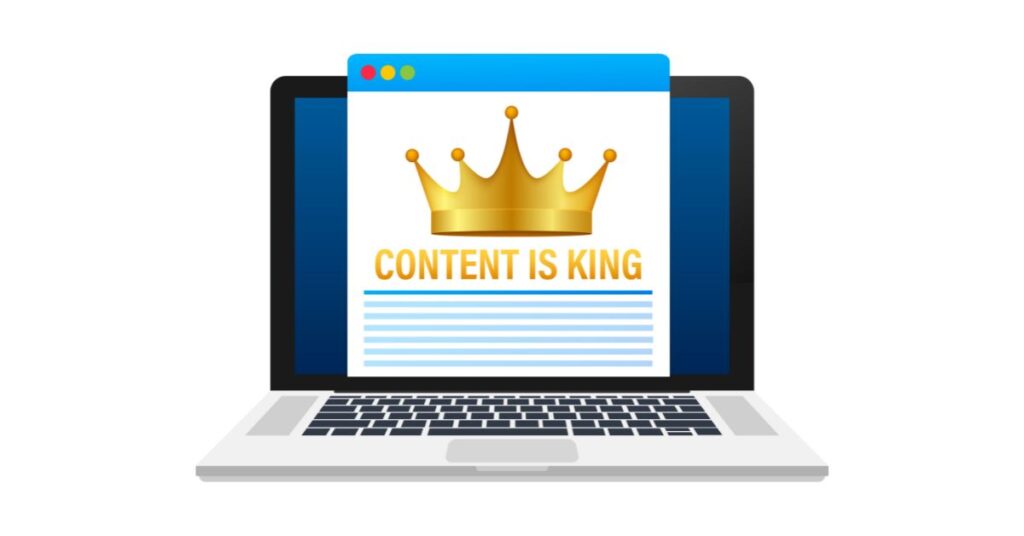
Content marketing is a strategic approach to creating and distributing valuable, relevant content to attract and engage a target audience. While it offers numerous benefits, it also has its challenges. Let’s explore the pros and cons of content marketing:
Pros of Content Marketing
- Enhanced Brand Visibility
- Increased Exposure: Creating high-quality content helps businesses increase their online visibility and reach a wider audience.
- Brand Authority: Consistently producing valuable content establishes a brand as an authority in its industry, fostering trust and credibility among customers.
- Audience Engagement and Loyalty
- Building Relationships: Content marketing allows businesses to engage with their audience on a deeper level by providing valuable information, answering questions, and addressing pain points.
- Fostering Loyalty: By delivering valuable content consistently, businesses can build brand loyalty and encourage repeat purchases from existing customers.
- Lead Generation and Conversion
- Educating Prospects: Informative content helps educate potential customers about products, services, and industry trends, leading to increased interest and consideration.
- Nurturing Leads: Content marketing enables businesses to nurture leads throughout the buyer’s journey by providing relevant content at each stage of the funnel, ultimately driving conversions.
- SEO Benefits
- Improved Search Rankings: High-quality, relevant content helps improve search engine rankings by attracting organic traffic and earning backlinks from authoritative sources.
- Long-Term Results: Unlike paid advertising, which stops generating traffic once the campaign ends, SEO-driven content can provide long-term benefits and sustained traffic.
- Cost-Effective Marketing
- Low Cost per Acquisition: Content marketing typically has a lower cost per acquisition (CPA) compared to traditional advertising methods like print or TV ads.
- High ROI Potential: Well-executed content marketing campaigns can yield a high return on investment (ROI) over time, especially when considering the long-term benefits of SEO.
Cons of Content Marketing
- Time and Resource Intensive
- Content Creation: Developing high-quality content requires time, effort, and resources, including research, writing, editing, and design.
- Consistency: Maintaining a consistent publishing schedule can be challenging, especially for small businesses with limited resources.
- Measuring ROI
- Attribution Challenges: It can be difficult to directly attribute conversions or sales to specific content marketing efforts due to the multi-touch nature of the customer journey.
- Longer Timeframe: Content marketing often requires a longer timeframe to see measurable results compared to paid advertising.
- Content strategy development
- Blog writing
- Infographics and visual content creation
- Email marketing campaigns
Email Marketing
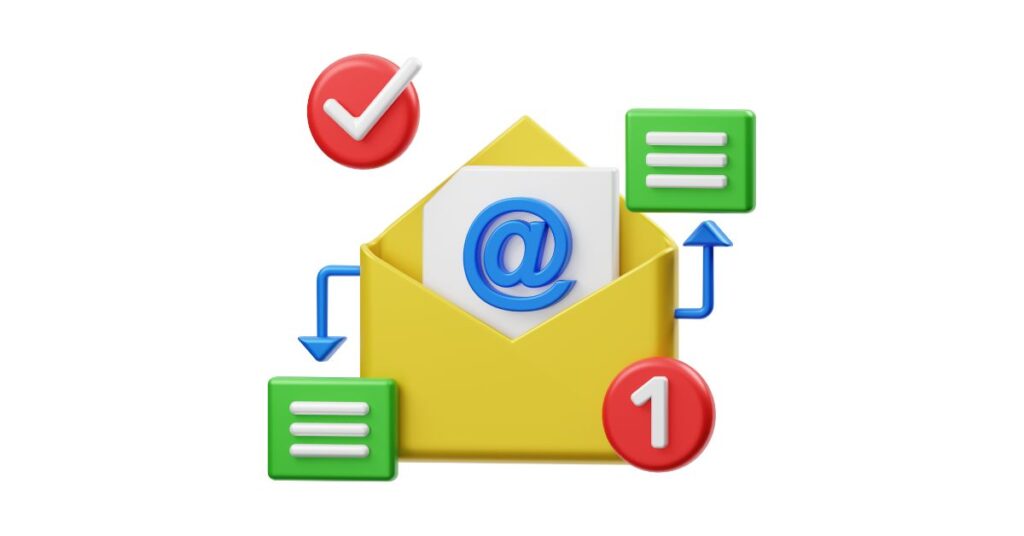
Email marketing is a powerful tool for nurturing leads, promoting products or services, and building customer relationships. Email marketing remains a popular and effective digital marketing strategy for businesses to reach and engage with their audience. However, like any marketing approach, it has its advantages and disadvantages. Let’s explore the pros and cons of email marketing:
Pros of Email Marketing
- Cost-Effective
- Low Cost per Reach: Compared to traditional marketing methods like print or TV ads, email marketing is relatively inexpensive and offers a high return on investment (ROI).
- No Printing or Postage Costs: With email marketing, there are no printing or postage costs, making it a cost-effective option for businesses of all sizes.
- Direct Communication
- Personalized Messaging: Email allows businesses to deliver personalized messages directly to their audience’s inbox, making it a highly targeted and effective communication channel.
- Two-Way Communication: Recipients can easily respond to emails, enabling businesses to engage in two-way communication with their audience.
- Automation and Scalability
- Automated Campaigns: Email marketing platforms offer automation features that allow businesses to set up automated email campaigns based on triggers such as sign-ups, purchases, or abandoned carts.
- Scalable Reach: With email marketing, businesses can reach a large audience quickly and easily, making it ideal for both small businesses and large corporations.
- Measurable Results
- Analytics and Reporting: Email marketing platforms provide robust analytics tools that allow businesses to track and measure key metrics such as open rates, click-through rates, conversion rates, and more.
- Data-Driven Decisions: By analyzing campaign performance data, businesses can make data-driven decisions to optimize their email marketing strategy and improve results over time.
- High Engagement Rates
- Personalization: Personalized emails that address recipients by name and tailor content to their interests and preferences tend to have higher open and click-through rates.
- Timely and Relevant Content: Delivering timely and relevant content to subscribers can increase engagement and drive conversions.
Cons of Email Marketing
- Deliverability Challenges
- Spam Filters: Emails can get caught in spam filters, preventing them from reaching recipients’ inboxes and reducing deliverability rates.
- Optimization Required: Ensuring email deliverability requires optimizing subject lines, content, and sender reputation to avoid being flagged as spam.
- List Management
- List Decay: Over time, email lists can decay as subscribers change email addresses, unsubscribe, or stop engaging with emails, leading to a decline in open and click-through rates.
- List Hygiene: Maintaining a clean and healthy email list requires regular list hygiene practices such as removing inactive subscribers and managing bounce rates.
- Email list segmentation
- Campaign planning and execution
- A/B testing
- Performance tracking and analytics
Mobile Marketing
Mobile marketing is a crucial component of digital marketing that focuses on reaching audiences through their mobile devices, such as smartphones and tablets. With the increasing use of mobile devices, businesses can leverage various mobile marketing strategies to engage customers effectively. Here’s an outline and detailed information on mobile marketing:
Pros:
- Wider Reach: Mobile marketing can reach a vast audience as nearly everyone has a mobile device.
- Higher Engagement: Mobile users tend to have higher engagement rates due to the personal nature of mobile devices.
- Personalization: Allows for highly personalized content based on user behavior and preferences.
- Instant Communication: Provides real-time access to users, enabling immediate communication and response.
Cons:
- Privacy Concerns: Users are sensitive about their privacy and data, and there are strict regulations to comply with.
- Ad Blockers: A significant number of mobile users utilize ad-blocking software, which can reduce the reach of mobile ads.
- Limited Screen Space: Designing effective mobile content can be challenging due to smaller screen sizes.
- User Experience: Ensuring a seamless user experience on various devices and screen sizes can be complex.
- High Competition: The mobile marketing space is crowded, making it difficult to stand out.
Statistics
- Global Reach: As of 2024, there are approximately 7.33 billion mobile phone users worldwide.
- Mobile Traffic: Mobile devices account for 54.8% of global website traffic.
- SMS Open Rate: SMS marketing messages have an open rate of 98%, significantly higher than email marketing.
- Mobile Ad Spend: Mobile ad spending is projected to reach $300 billion by 2025.
- App Usage: 90% of mobile internet time is spent on apps.
- Push Notification Engagement: Push notifications have a 7.8% click-through rate.
Affiliate Marketing: Pros, Cons, and Statistics
Partner showcasing is a performance-based showcasing technique where businesses remunerate associates for bringing clients through the affiliate’s possess promoting endeavors. It’s a popular approach for driving sales and generating significant online revenue. Here’s a detailed look at the pros, cons, and key statistics of affiliate marketing.
Pros of Affiliate Marketing
- Cost-Effective
- Performance-Based Payment: You only pay for actual sales or leads generated, ensuring your marketing budget is spent efficiently.
- Broad Reach
- Extended Audience: Affiliates can help you reach wider and more diverse audiences that you might not access through your own channels.
- Increased Brand Exposure
- Enhanced Visibility: Affiliates promote your products/services, increasing your brand’s visibility and awareness across various platforms.
- Scalability
- Easy Expansion: You can easily scale your affiliate program by adding more affiliates without significantly increasing your marketing costs.
- SEO Benefits
- Backlinks: Affiliate links can improve your site’s SEO through valuable backlinks from reputable affiliate websites.
- Flexibility
- Varied Strategies: Affiliates use different strategies like blogs, social media, email marketing, and PPC, providing diverse promotional tactics.
Cons of Affiliate Marketing
- Quality Control
- Variable Quality: The quality of traffic and leads generated can vary greatly between affiliates, affecting overall performance.
- Brand Integrity
- Misrepresentation: Affiliates might misrepresent your brand or products, potentially damaging your brand reputation.
- Commission Costs
- Ongoing Payments: Paying commissions can become expensive, especially if sales volumes are high.
- Dependence on Affiliates
- Reliance Risk: Heavy reliance on affiliates can be risky if key affiliates leave or stop performing well.
- Management Complexity
- Program Management: Managing an affiliate program can be time-consuming, requiring constant monitoring and support.
- Fraud Risk
- Affiliate Fraud: There’s a risk of fraudulent activities, such as fake leads or unauthorized promotion techniques.
Key Statistics of Affiliate Marketing
- Market Size
- Global Spending: Businesses spent over $8.2 billion on affiliate marketing in the United States alone in 2022, with continued growth expected.
- Revenue Contribution
- Significant Source: Affiliate marketing accounts for 15% of all digital media revenue, sharing the same level of importance as email marketing and ahead of both social commerce and display advertising.
- ROI
- High Returns: For every $1 spent on affiliate marketing, businesses earn an average of $16 in revenue.
- Industry Usage
- Popular Strategy: 81% of brands and 84% of publishers leverage the power of affiliate marketing.
- Affiliate Channels
- Diversified Sources: Blogs (65%), social media (59%), and email marketing (57%) are the top channels for affiliate marketing.
- Conversion Rates
- Effective Conversions: Affiliate marketing has a conversion rate of 1%-5%, depending on the industry and product type.
- Consumer Influence
- Impact on Purchases: 16% of online orders are generated through affiliate marketing, showcasing its influence on consumer purchasing decisions.
Affiliate marketing offers a powerful way to boost your sales and expand your brand’s reach, leveraging the diverse strategies of affiliates. While it comes with challenges such as quality control and fraud risk, its cost-effectiveness and scalability make it an attractive option for many businesses.
By understanding and mitigating the potential downsides, and by utilizing the strengths of affiliate marketing, you can create a successful and profitable affiliate program.
7. Influencer Marketing
Influencer marketing involves partnering with individuals who have a significant and engaged following on social media or other online platforms to promote your brand, products, or services. Influencer marketing is a powerful tool in the digital marketing arsenal, offering brands the opportunity to reach large, engaged audiences through trusted voices. While it presents some challenges, such as finding the right influencer and measuring ROI, the benefits of increased credibility, engagement, and cost-effectiveness make it a compelling option for businesses aiming to enhance their online presence and drive conversions.
Pros:
- Access to a large audience
- Builds trust quickly
- High engagement rates
Cons:
- Can be costly
- Finding the right influencer can be challenging
- Difficult to measure ROI
9. Video Marketing
Video marketing involves using videos to promote and market products or services, engage with customers, and reach a wider audience. It can be implemented across various platforms such as YouTube, social media, and company websites. Video marketing is a powerful strategy for engaging audiences, explaining products, and driving conversions. Despite the challenges of production costs and technical requirements, the high engagement, versatility, and SEO benefits make video marketing a valuable investment for businesses aiming to enhance their digital presence and achieve better results.
Pros:
- High engagement
- Builds trust and credibility
- Versatile content format
Cons:
- Can be expensive to produce
- Requires significant time investment
- Bandwidth issues for users
Statistics:
- Video marketers get 66% more qualified leads per year
- 93% of marketers say they’ve landed a new customer thanks to a video on social media
10. Display Advertising
Display advertising refers to the use of visual advertisements that appear on websites, apps, or social media platforms. These ads can be in the form of banners, images, videos, or interactive elements that attract users’ attention and drive traffic to a specific website or landing page.
Pros:
- Wide reach
- Visually appealing
- Retargeting capabilities
Cons:
- Banner blindness
- Ad blockers
- Can be expensive
Statistics:
- Display ads have a click-through rate of 0.35%
- 32% of companies use paid display advertising
Web Design and Development Services
Web design and development services encompass the creation and maintenance of websites. This includes designing the visual layout, user interface, and user experience, as well as developing the underlying code to ensure the website is functional, responsive, and optimized for performance.
Pros of Web Design and Development Services
- Custom Design:
- Tailor-made designs that reflect your brand’s identity and cater to your specific business needs.
- Enhanced User Experience:
- Well-designed websites provide a seamless and enjoyable user experience, leading to higher engagement and conversion rates.
- Mobile Responsiveness:
- Websites are optimized to perform well on all devices, ensuring accessibility and usability for a wider audience.
- SEO-Friendly:
- Websites are built with SEO best practices in mind, helping to improve search engine rankings and visibility.
- Scalability:
- Custom websites can be easily scaled and updated to accommodate business growth and changing needs.
Cons of Web Design and Development Services
- High Initial Costs:
- Custom web design and development can be expensive compared to template-based solutions.
- Time-Consuming:
- The process of creating a custom website from scratch can take considerable time and resources.
- Ongoing Maintenance:
- Websites require regular updates and maintenance to ensure security and optimal performance.
- Complexity:
- Developing a website involves multiple stages and technical expertise, which can be challenging for those without experience.
- Dependence on Developers:
- For advanced customizations and troubleshooting, ongoing reliance on developers may be necessary.
Statistics on Web Design and Development
- First Impressions:
- 94% of first impressions are related to web design, emphasizing the importance of a visually appealing and functional website.
- Mobile Usage:
- Over 50% of global web traffic comes from mobile devices, highlighting the need for responsive design.
- Loading Speed:
- A one-second delay in page load time can lead to a 7% reduction in conversions.
- User Experience:
- 88% of online consumers are less likely to return to a site after a bad experience.
- SEO Impact:
- 38% of people will stop engaging with a website if the content/layout is unattractive.
Benefits of Working with a Top Digital Marketing Agency
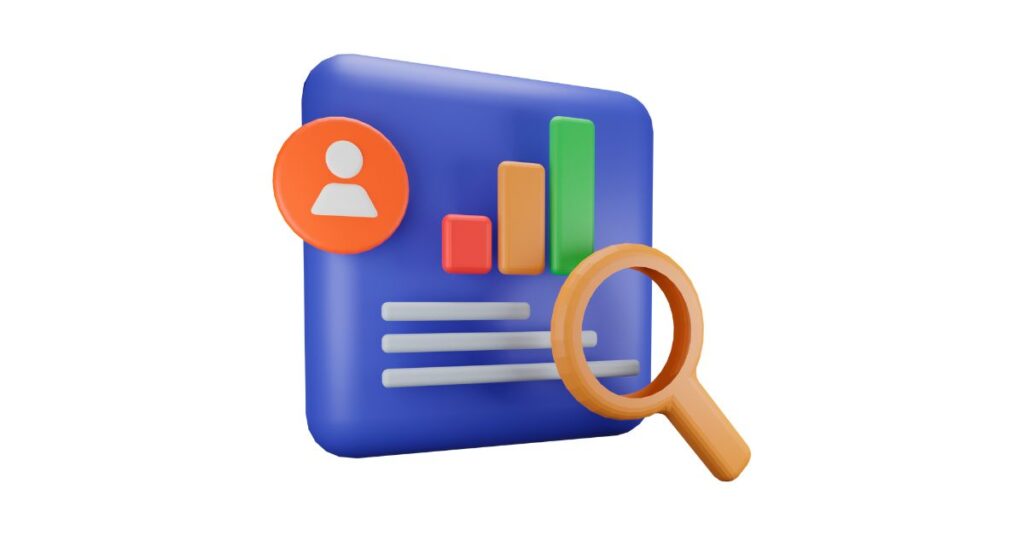
Partnering with a top digital marketing agency can offer a myriad of benefits for your business. Here are some compelling reasons why investing in digital marketing services can take your brand to new heights:
- Expertise and Knowledge: Digital marketing agencies have a team of skilled professionals with expertise in various areas of digital marketing, ensuring that your business receives top-notch services.
- Cost-Effectiveness: Outsourcing your digital marketing needs to an agency can be more cost-effective than hiring an in-house marketing team, saving you time and resources.
- Scalability: Digital marketing agencies can adapt to your business needs and scale their services as your company grows, providing flexibility and agility.
- Innovative Strategies: Top digital marketing agencies stay ahead of industry trends and developments, implementing innovative strategies to keep your business competitive.
- Measurable Results: Digital marketing agencies use analytics tools to track and measure the success of your campaigns, providing valuable insights and data-driven decisions.
Insights into the Digital Marketing Landscape
The digital marketing landscape is constantly evolving, with new trends and technologies shaping the way businesses connect with their target audience. Here are some key insights to help you navigate the dynamic world of digital marketing:
“Content is King: Creating high-quality, relevant content is essential for engaging your audience and building brand authority in the digital space.”
“Mobile Optimization Matters: With the rise of mobile usage, optimizing your website and marketing campaigns for mobile devices is crucial for reaching a wider audience.”
“Personalization is Key: Tailoring your marketing messages to individual preferences and behaviors can enhance customer experience and drive conversions.”
“Data-Driven Decision Making: Using data analytics to track and measure the performance of your campaigns can provide valuable insights for optimizing your marketing strategy.”
In conclusion, digital marketing agencies offer a wide range of services that can help businesses thrive in the competitive online landscape. By understanding the types of services available, the benefits they bring, and the insights that drive success, you can make informed decisions to elevate your brand and reach new heights of success in the digital realm. Remember, the key to effective digital marketing is staying agile, adapting to change, and embracing innovation to stand out from the crowd. Let the world of digital marketing agencies be your guide to unlocking the full potential of your business!
Frequently Asked Questions (FAQs)

What is a digital marketing agency?
A digital marketing agency is a company that provides online marketing services to help businesses grow their online presence and achieve their marketing goals.
How do digital marketing agencies work?
Agencies work by developing and executing marketing strategies tailored to your business needs.
What services do digital marketing agencies offer?
Agencies offer a wide range of services, including SEO, PPC, content marketing, social media marketing, email marketing, and more.
How much do digital marketing agency services cost?
The cost varies depending on the services and the agency. It can range from a few hundred to several thousand dollars per month.
How to choose the right digital marketing agency for your business?
Consider factors like the agency’s experience, services offered, pricing, and client reviews.
What results can you expect from a digital marketing agency?
Results vary, but you can expect increased online visibility, traffic, and conversions.
How long does it take to see results from digital marketing?
It can take a few months to see significant results, depending on the strategies used.
Do small businesses need digital marketing agencies?
Yes, small businesses can benefit greatly from the expertise and resources of a digital marketing agency.
What are the latest trends in digital marketing?
Current trends include AI and machine learning, voice search optimization, and personalized marketing.
Conclusion
Recap of Digital Marketing Agency Benefits
Digital marketing agencies offer expertise, cost-effectiveness, time efficiency, advanced tools, scalability, and enhanced analytics.
Final Thoughts and Recommendations
Hiring a digital marketing agency can significantly boost your online presence and help you achieve your marketing goals. Consider your specific needs and choose an agency that aligns with your business objectives.
